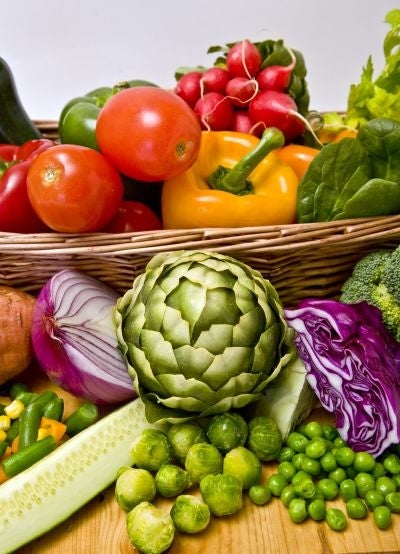A study released September 29 by Envido, a UK-based provider of low carbon energy solutions, found that the majority of people would buy local goods if product labels showed the number of air miles involved in a product's journey to market. However, for the time being, consumers curious about their food's miles can calculate it online.
Fifty-one percent of respondents believed that food products that cause harm to the environment either directly or through associated carbon emissions should be levied with an additional "green tax," and 81 percent of respondents indicated that they would be more likely to buy local produce if product labels showed air miles or country of origin.
Growing concern over carbon emissions has led to the growth of the "locavore" movement (people who only eat "locally" grown food), and increased consumer awareness of product origin. While the survey could have implications for future food taxes, consumers interested in the carbon footprint of their dinner can calculate it on a number of websites such as Organic Linker.
Users of Organic Linker submit their location, the origin and type of product before the website calculates the food-associated carbon emissions; according to the website, beef traveling from Argentina to the UK travels 11,132km (6,919 miles) and creates 680kg of carbon.
The Falls Brook Centre in New Brunswick, Canada, devoted to training in the matter of sustainable agriculture, uses road maps and international flight paths plus the weight of the product to calculate associated carbon emissions, and for the mathematically minded a downloadable PDF explaining how to calculate food miles using a variety of formula is available from the Leopold Center for Sustainable Agriculture in the US state of Iowa.
A section on food miles is also included in the Carbon Independent's carbon footprint calculator.
For Organic linker see: http://www.organiclinker.com/food-miles.cfm
For the Falls Brook Centre see: http://www.fallsbrookcentre.ca/cgi-bin/calculate.pl
To download the PDF from the Leopold Center see: http://www.leopold.iastate.edu/pubs/staff/files/food_travel072103.pdf
For Carbon Independent: http://www.carbonindependent.org/

Join our commenting forum
Join thought-provoking conversations, follow other Independent readers and see their replies
Comments